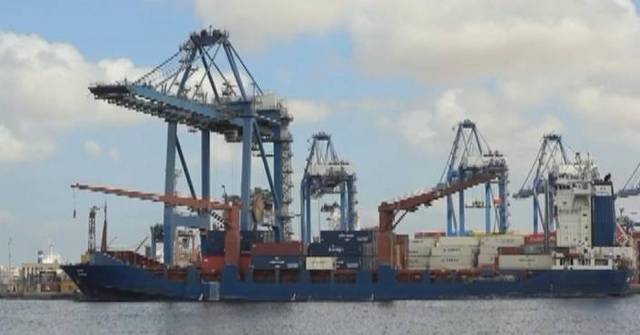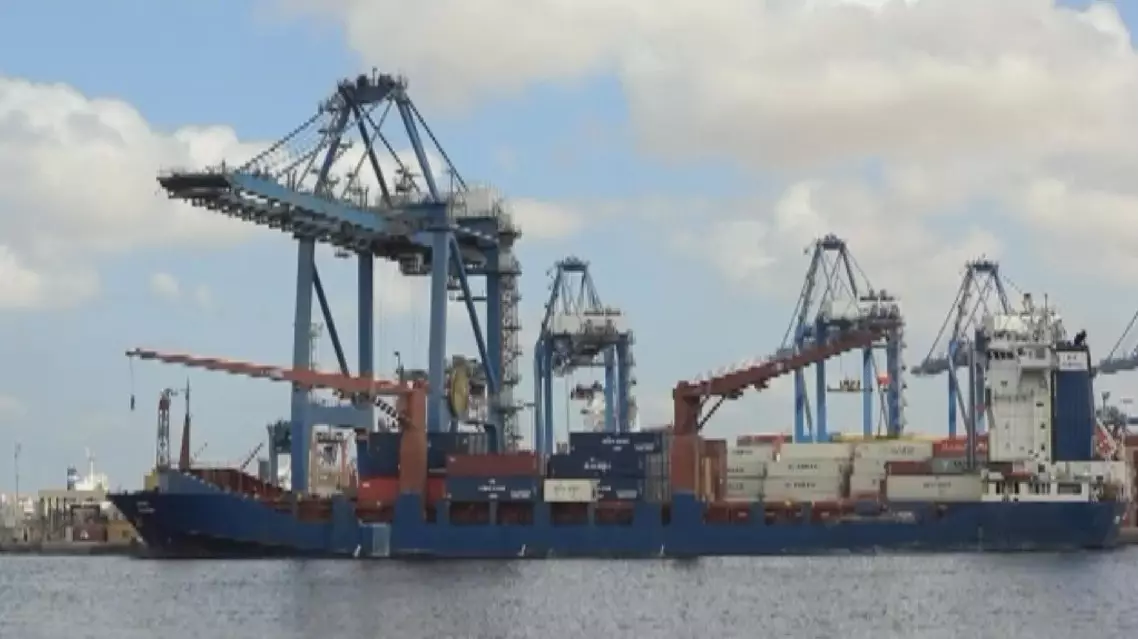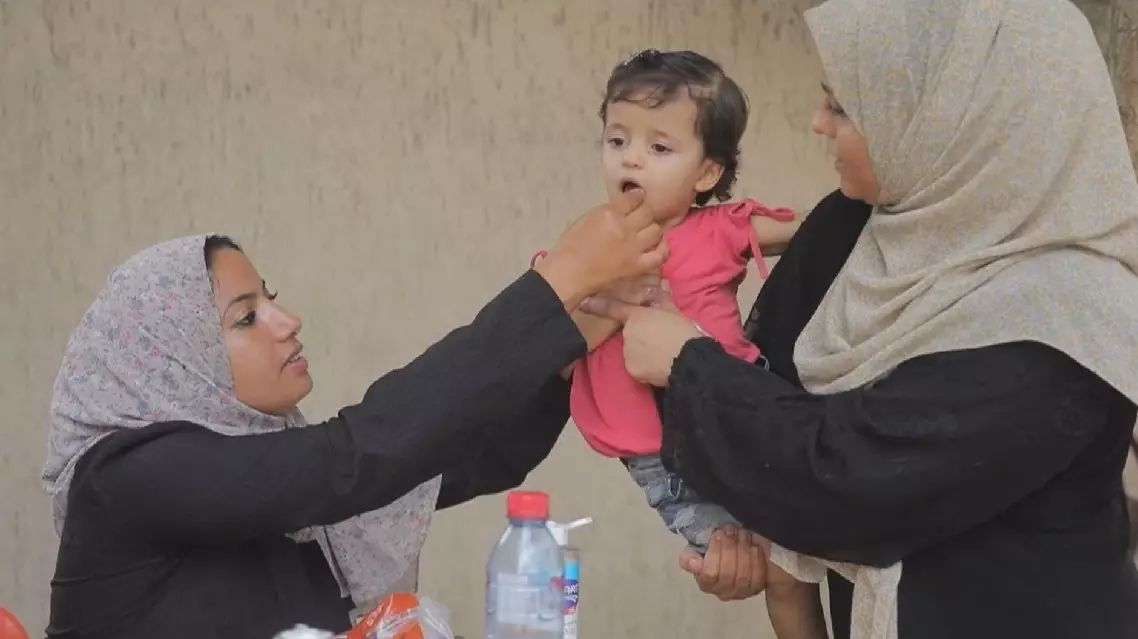Egypt is expected to discuss promotion of bilateral trade in local currencies with BRICS countries in the upcoming meeting in Kazan, Russia.
The 2024 BRICS summit will be held from Oct 22 to 24, which is the first gathering since the group’s expansion in January this year when Iran, Egypt, Ethiopia, Saudi Arabia and the United Arab Emirates joined the initial five members of Brazil, Russia, India, China and South Africa.
After Egypt officially joined BRICS, one of its main targets has been to support members’ drive for de-dollarization.
Some in the Egyptian business community have welcomed the move to reduce dependence on the U.S. dollar.
“One of the main obstacles we face in trade is the lack of access to U.S. dollars. Using local currencies will ease the process for us when we trade with other countries,” said Ahmed al Zayat, member of Egyptian Businessmen Association.
The central banks of China and Egypt had signed a currency swap agreement totaling 18 billion yuan (about 2.57 billion U.S. dollars). Egypt also inked similar deals with other countries.
“Besides Egypt, many countries are beginning to use local currencies. You can’t completely eradicate dollars but they should not be the main currency of trade. In 2022, to reduce dependence on dollars, the Egyptian central bank became the top gold buyer worldwide to replace dollars with gold,” said Assem Mansour, head of Market Research Department, EW Markets.
Trade with BRICS members accounts for about a third of Egypt’s total trade at over 31 billion U.S. dollars. Currency swap deals are set to foster trade and investment ties even further.
Agreements with China and other BRICS nations are considered by Egypt as the first step of a long term strategy to gradually remove the U.S. dollar from most of its trade transactions worldwide.
Egypt to discuss promotion of bilateral trade in local currencies with BRICS countries
The second round of the UN-led vaccination campaign against polio started in the southern Gaza Strip on Saturday, with over 140,000 children under 10 vaccinated on the day alone, said the World Health Organization (WHO) on Sunday.
According to preliminary statistics, a total of 145,202 children under the age of 10 in southern Gaza completed the second round of polio vaccination, and another 119,055 children aged 2 to 10 also took vitamin A to boost immunity on the day.
The WHO called on all parties to continue to promote a humanitarian ceasefire in southern Gaza so that polio vaccination can be carried out smoothly.
The second round of vaccination in southern Gaza aims to provide the second dose of vaccine to more than 293,000 children, according to the UN Office for the Coordination of Humanitarian Affairs.
Prior to the vaccination campaign in southern Gaza, the second round of polio vaccination in central Gaza had been completed, with more than 181,000 children receiving the vaccination.
The second round of the polio vaccination campaign started in central Gaza on October 14, 2024, aiming to vaccinate 591,700 children under 10 with a second dose of the polio vaccination.
The first round, held from September 1 to 12, vaccinated 95 percent of eligible children. To stop poliovirus transmission, at least 90 percent of children need to receive two doses.
2nd round of UN-led polio vaccination starts in southern Gaza: WHO

















